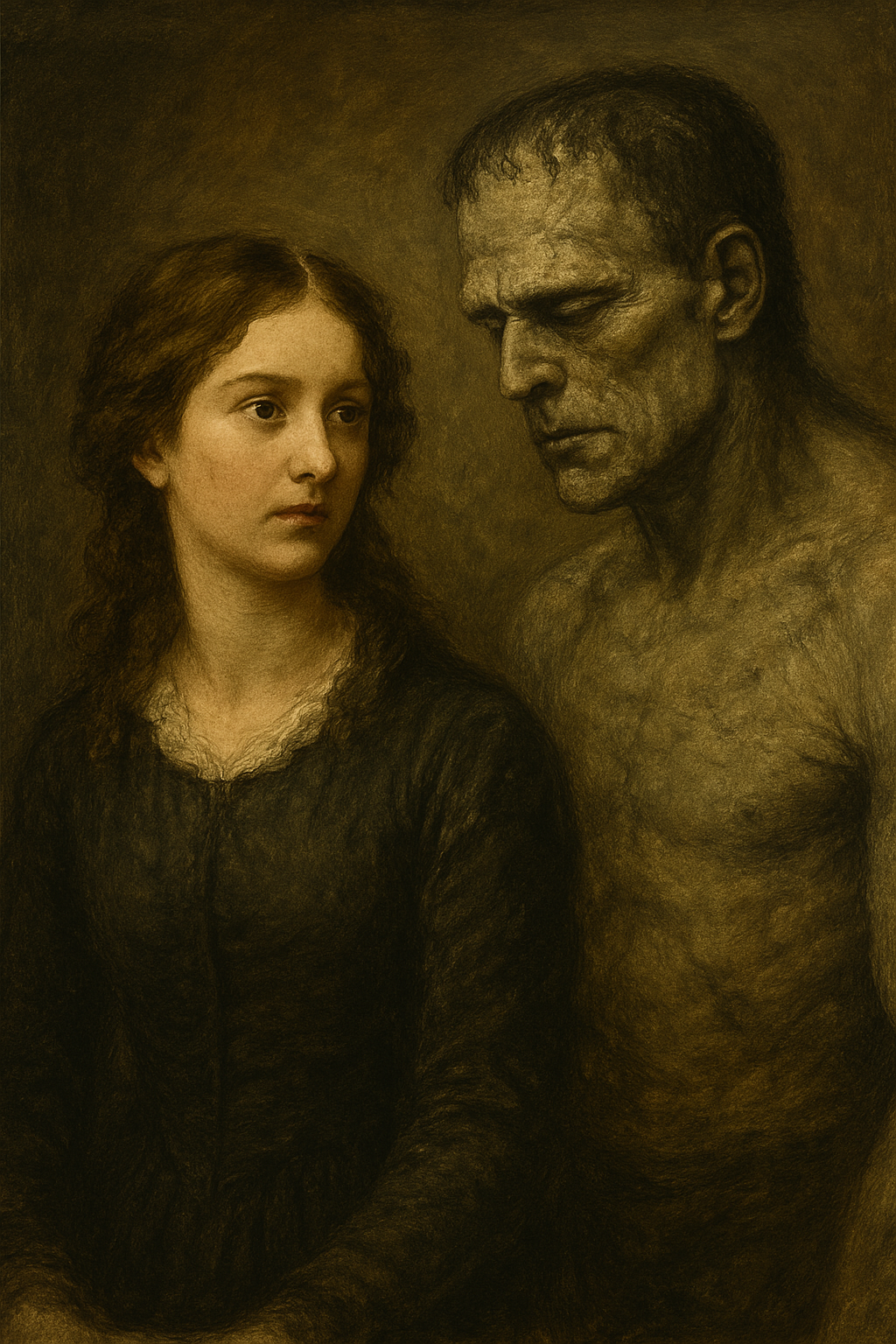What Makes Mary Shelley’s Frankenstein a Unique Classic Book

A Book Born from a Stormy Night
Many classics have interesting histories, but the origin of Frankenstein is almost like a story itself. In 1816, during a cold, stormy summer by Lake Geneva, Mary Shelley and her friends challenged each other to write ghost stories. While others wrote short pieces, Mary imagined something extraordinary—a scientist creating life out of death. What started as a ghost tale became the world’s first major science fiction book. That unusual birth makes Frankenstein unlike any other classic.
A Young Author with a Bold Voice
Mary Shelley was only 18 when she began writing this story, and just 20 when it was published. Most classics were written by older, established authors, but Mary brought a youthful boldness. Her imagination and courage to explore themes of science, morality, and compassion make her stand out. Reading Frankenstein is not only about the story—it’s also about hearing the powerful voice of a young woman who created something timeless.
The First Step into Science Fiction
Today, science fiction fills shelves, movies, and TV. But back in 1818, no one had written anything like Frankenstein. It was groundbreaking because it mixed real scientific curiosity with imagination. Mary Shelley asked: “What if we could create life?” That question has inspired countless stories since. Without Frankenstein, many of the futuristic books and films we enjoy today might not exist.
More Than Scares: A Book of Feelings
What sets this story apart from other “monster tales” is its emotional depth. Instead of giving us a simple villain, Shelley shows us a character who feels loneliness, pain, and longing. He is rejected not because of what he does at first, but because of how he looks. This invites readers to ask: who is truly monstrous—the creature, or the way society treats him? Few books from that time dared to show so much empathy for an outcast, making this one especially unique.
A Mirror for Readers
Another unique feature of this book is how it reflects different sides of human nature. For some, it is a cautionary tale about the dangers of pushing science too far. For others, it is about responsibility and the need for compassion. Some readers see it as a story of loneliness, while others view it as a warning against pride. The fact that one book can mean so many different things is part of what makes Frankenstein special.
A Woman’s Pen in a Male-Dominated World
When Frankenstein was first published, it didn’t carry Mary Shelley’s name—it was anonymous. Many readers assumed a man had written it, because of its bold ideas and scientific themes. Later, when her authorship became known, it broke barriers. At a time when few women were respected as writers, Mary Shelley proved that imagination and intellect have no boundaries. This legacy adds a powerful uniqueness to her work.
The Blend of Gothic and Science
Books of Shelley’s time often leaned toward either Gothic horror—castles, storms, shadows—or toward science and reason. What makes Frankenstein different is that it mixes both. It has the dark, dramatic settings of a Gothic tale and the thought-provoking questions of science. This unusual blend gave birth to something completely new—a book that feels eerie and thoughtful at the same time.
Why It Still Feels Unique Today
Even after 200 years, Frankenstein doesn’t feel outdated. Modern readers can still connect with its big questions: What responsibilities come with knowledge? How should we treat people who are different from us? What happens when ambition blinds us? These timeless themes ensure that Frankenstein stands apart not just as an old story, but as a living, breathing book that continues to spark debate.
What makes Mary Shelley’s Frankenstein unique is not just its story, but everything around it—the young author, the stormy night, the creation of science fiction, and its deep emotional questions. It is both a Gothic classic and a science fiction pioneer. If you want to experience a book that is unlike any other, one that shaped the way we think about science, responsibility, and empathy, then Frankenstein is a perfect choice.